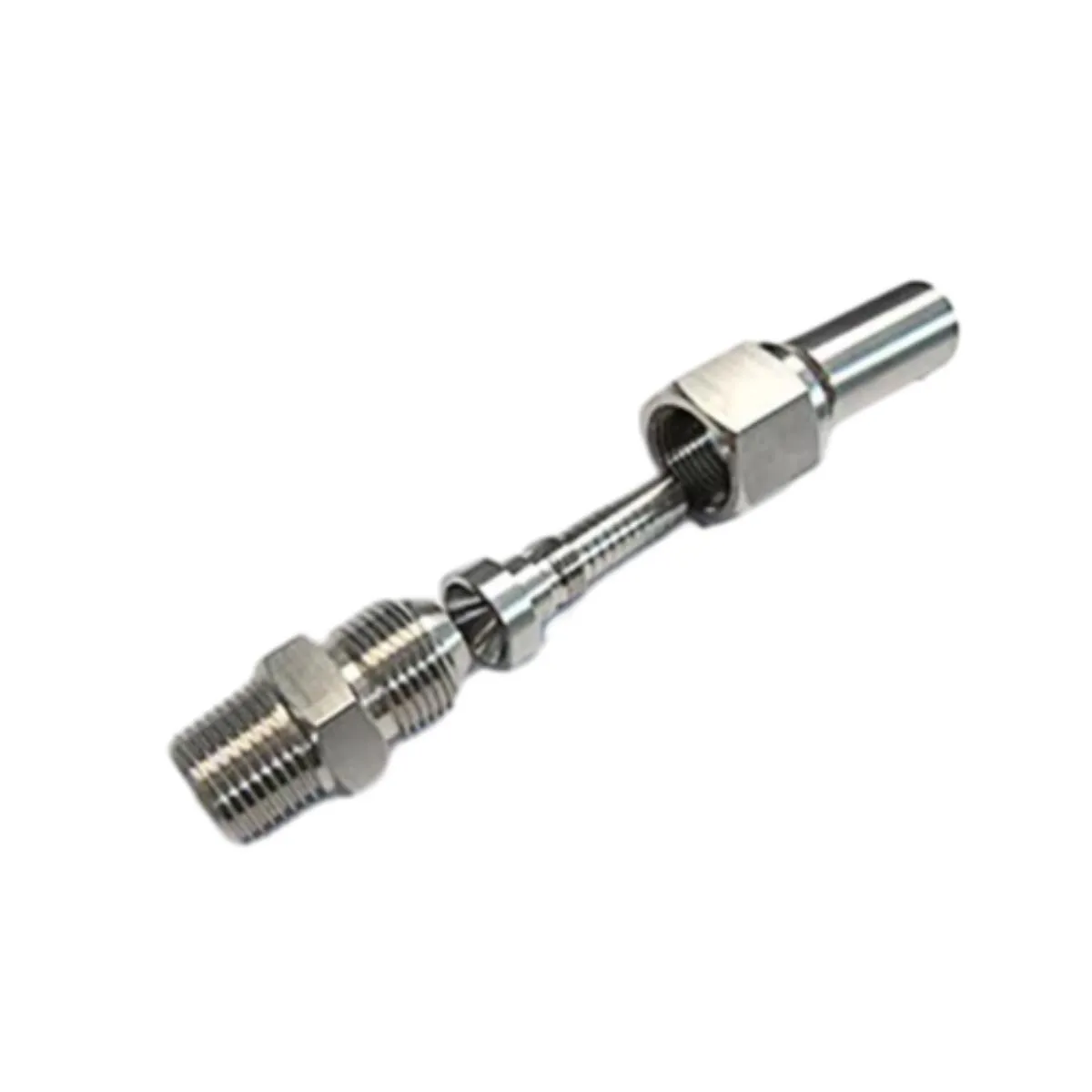Δεκ . 11, 2024 00:49 Back to list
Effective Mesh Options for Building a Safe Chicken Coop
Choosing the Right Chicken Coop Mesh for Your Poultry
When it comes to raising chickens, ensuring their safety and comfort is of utmost importance. One of the key components of any chicken coop is the mesh used for enclosures. Choosing the right chicken coop mesh can greatly affect the health and security of your flock. In this article, we will explore the various types of mesh available and their benefits, helping you make an informed decision for your poultry shelter.
Understanding Chicken Coop Mesh
Chicken coop mesh, also known as wire mesh or fencing, plays several critical roles in keeping your chickens safe. It acts as a barrier against predators while allowing adequate ventilation and light within the coop. The right mesh can keep out unwanted animals, such as raccoons, foxes, and rodents, while providing a safe space for your chickens to roam and forage.
Types of Mesh
There are several types of mesh commonly used in chicken coops, each with its own set of advantages
1. Hardware Cloth This is one of the most popular choices for chicken coops. Made of galvanized steel wire, hardware cloth is known for its durability and strength. It typically has small openings, making it difficult for predators to get through. The standard size for hardware cloth is 1/2 inch, which is ideal for chicken enclosures.
2. Chicken Wire While chicken wire is a more affordable option, it is often not recommended for areas prone to predator activity. Its larger openings (typically 1 inch) can allow smaller animals to get through, which poses a risk to your chickens. However, chicken wire can be used in conjunction with hardware cloth to provide a less secure, but visually appealing outer layer.
3. Welded Wire Fencing This type of fencing consists of wires that are welded together to form a sturdy barrier. Often available in various heights and wire gauges, welded wire fencing offers excellent strength and longevity. It is a great option for enclosing larger areas and can be combined with buried wire to prevent digging predators.
chicken coop mesh

4. Netting Poultry netting, or aviary netting, is another option, particularly for overhead protection. It is designed to prevent birds of prey from attacking and is often made from durable, UV-resistant materials. It's essential to ensure that the netting is securely fastened to prevent any gaps where predators may enter.
Factors to Consider
When choosing the right chicken coop mesh, consider the following factors
- Type of Predators Assess the types of predators common in your area. In regions with significant predator activity, opting for hardware cloth or welded wire fencing may be essential.
- Ventilation Needs Good airflow is crucial in a chicken coop to prevent respiratory issues. Ensure that the mesh allows for ventilation while keeping the chickens secure.
- Separation of Space If you plan to keep different breeds or ages of chickens, ensure that the mesh configuration allows for separation without compromising security.
- Durability Choose materials that can withstand harsh weather conditions and won't rust or degrade over time.
Conclusion
Investing in the right chicken coop mesh is vital for the well-being of your poultry. By understanding the different types of mesh available and considering your specific situation, you can create a secure and comfortable environment for your flock. Not only will this improve their quality of life, but it will also enhance your experience as a chicken keeper. Whether you're raising chickens for eggs or as pets, a properly secured coop is the foundation of a successful poultry operation.
-
The Role of Field Wire Fence in Grassland Conservation
NewsJul.15,2025
-
Stainless Steel Razor Wire Durability in Coastal Environments
NewsJul.15,2025
-
Enhancing Home Security with Mesh Fences
NewsJul.15,2025
-
Diamond Mesh Wire for Small Animal Enclosures
NewsJul.15,2025
-
Common Wire Nail Tensile Strength Testing for Woodworking
NewsJul.15,2025
-
Barbed Wire Corrosion Resistance Galvanization Techniques
NewsJul.15,2025









